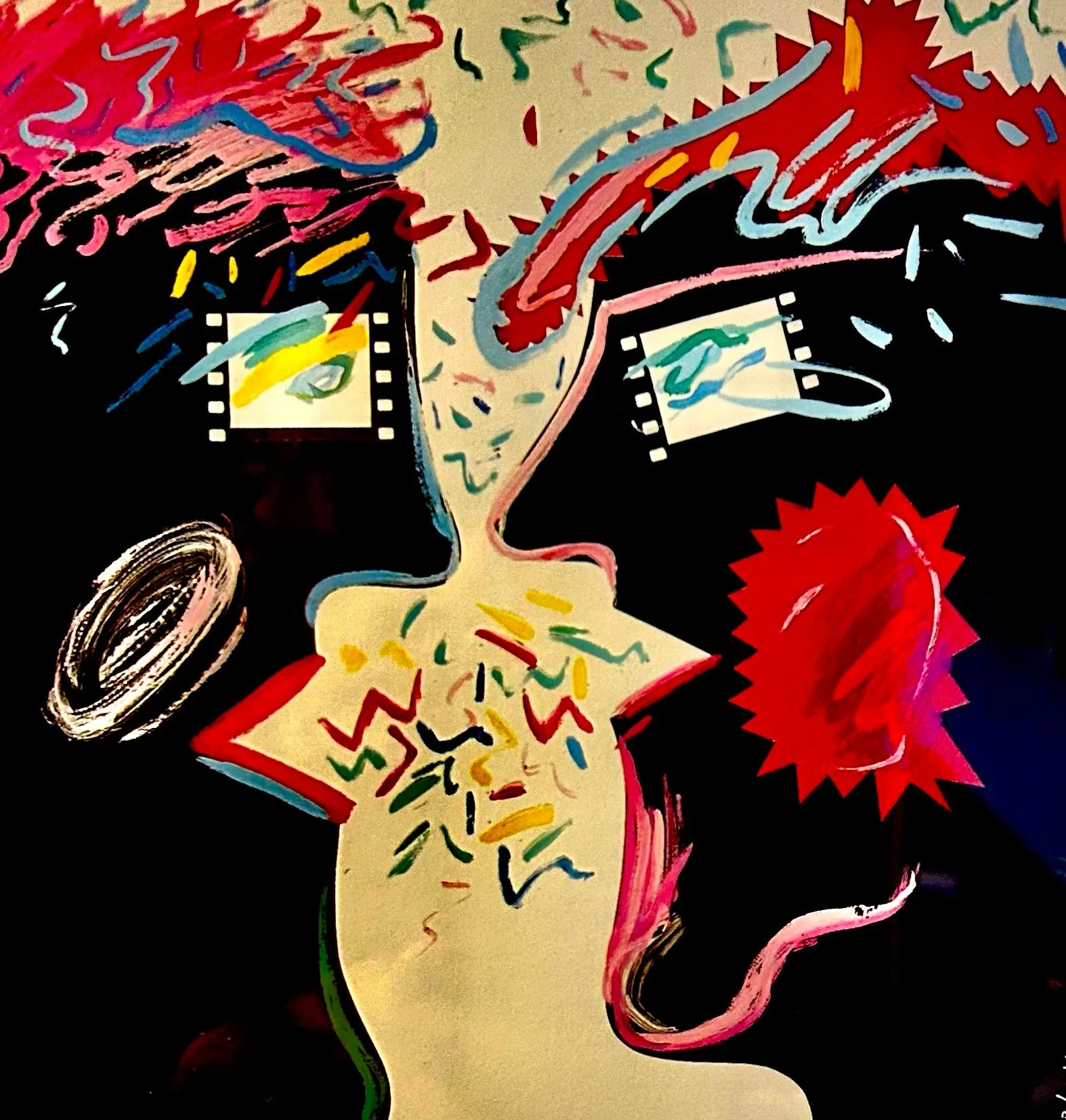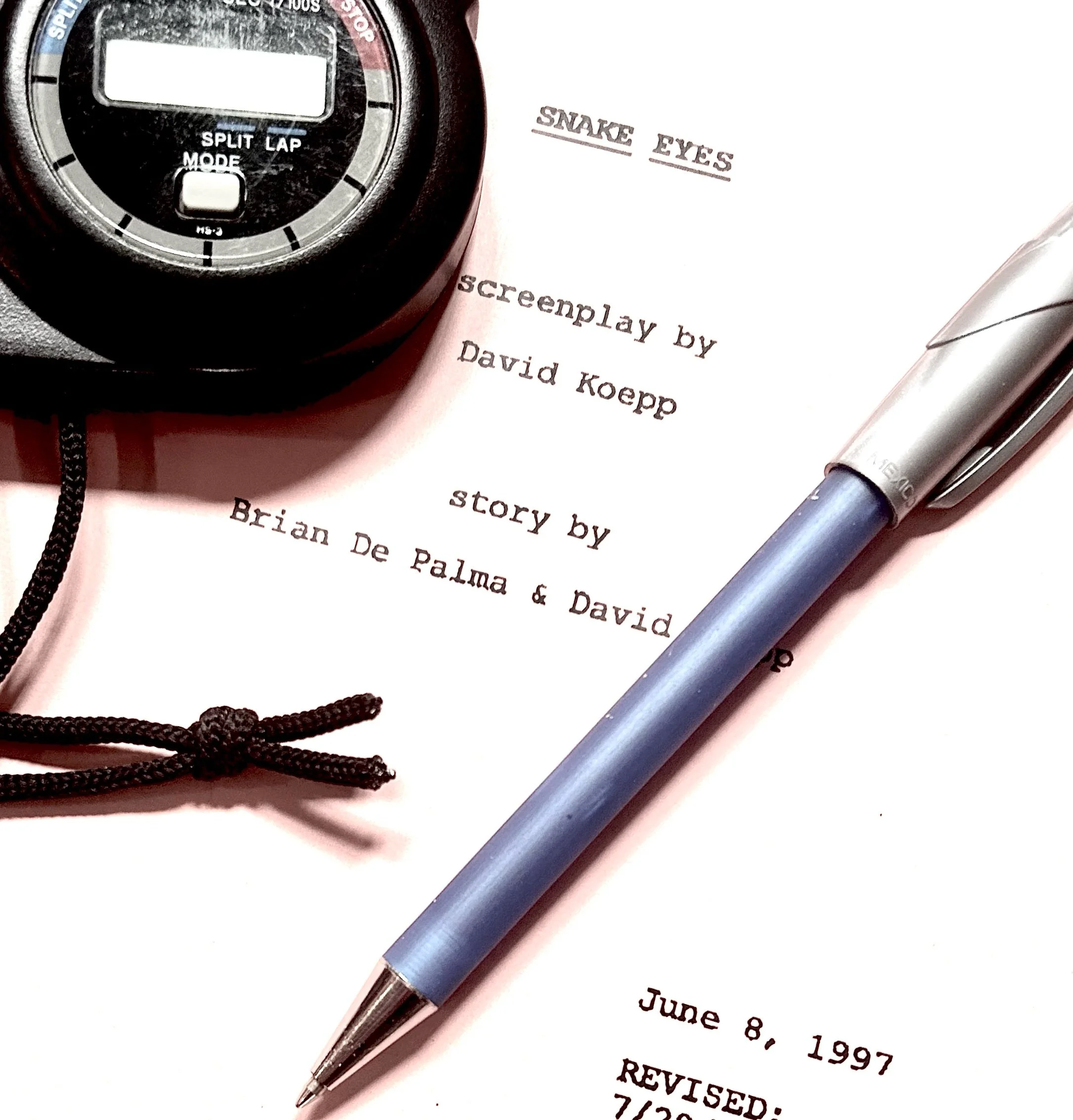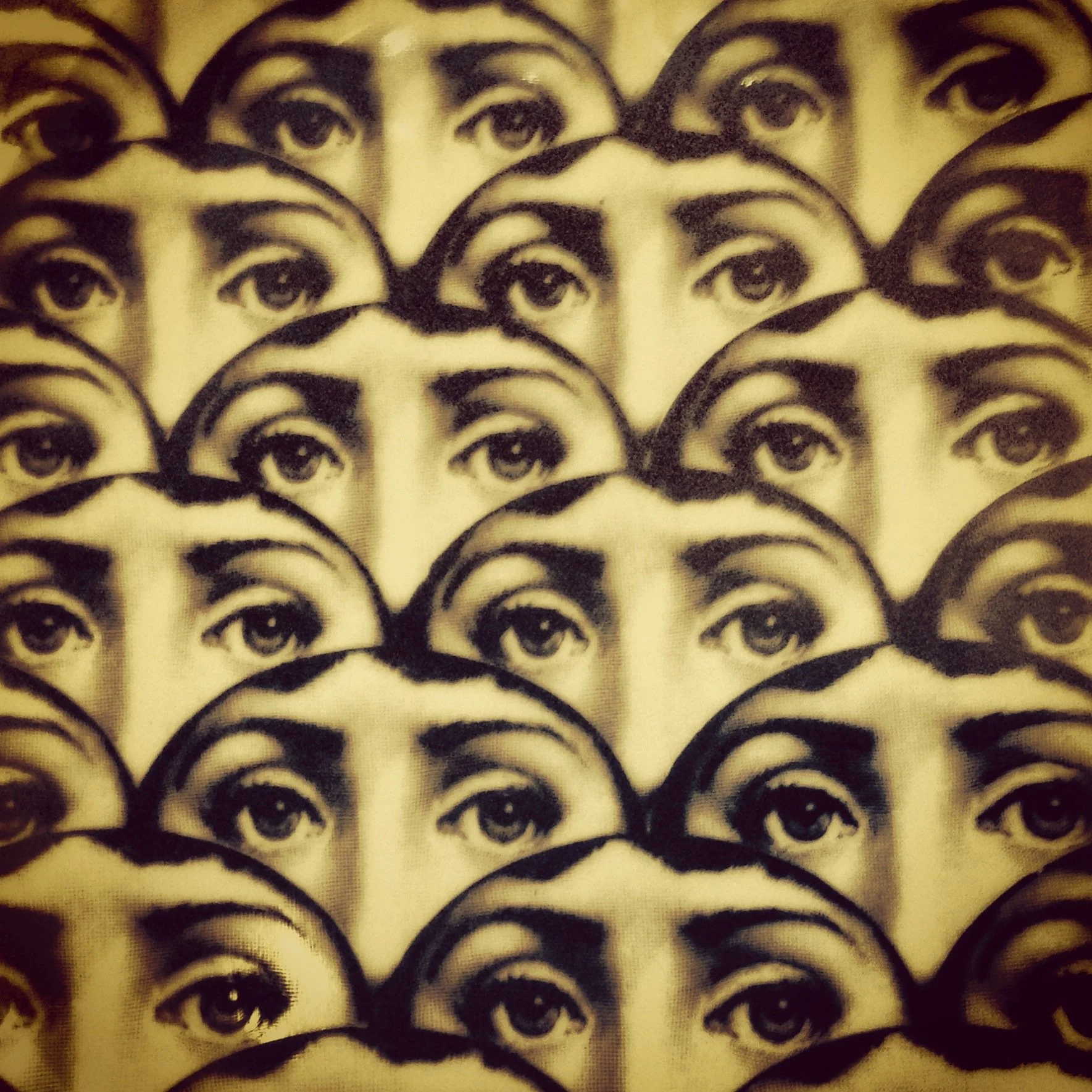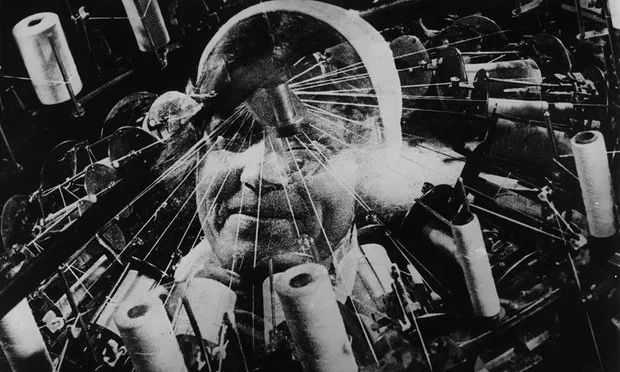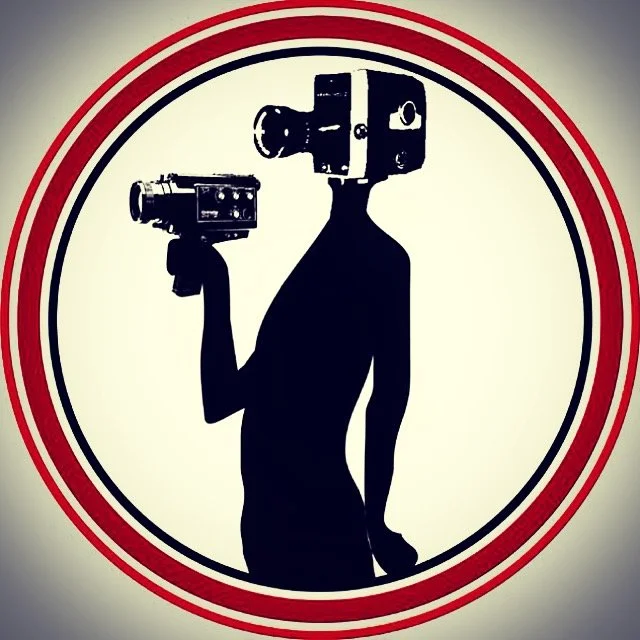Film Directing 126: The Director's Playbook
/Directors need a strong idea for what they’re looking for in every scene
After all the planning, preparation, meetings, auditions, rehearsals, location scouts, etc. – the first day of principle photography is what all the work has been about.
Your script analysis, thumbnail frames, shotlist, schematics, and meetings with your creative keys have helped build the plan for the production.
Pre-thinking performance notes and details are a vital part of the playbook.
Read More



